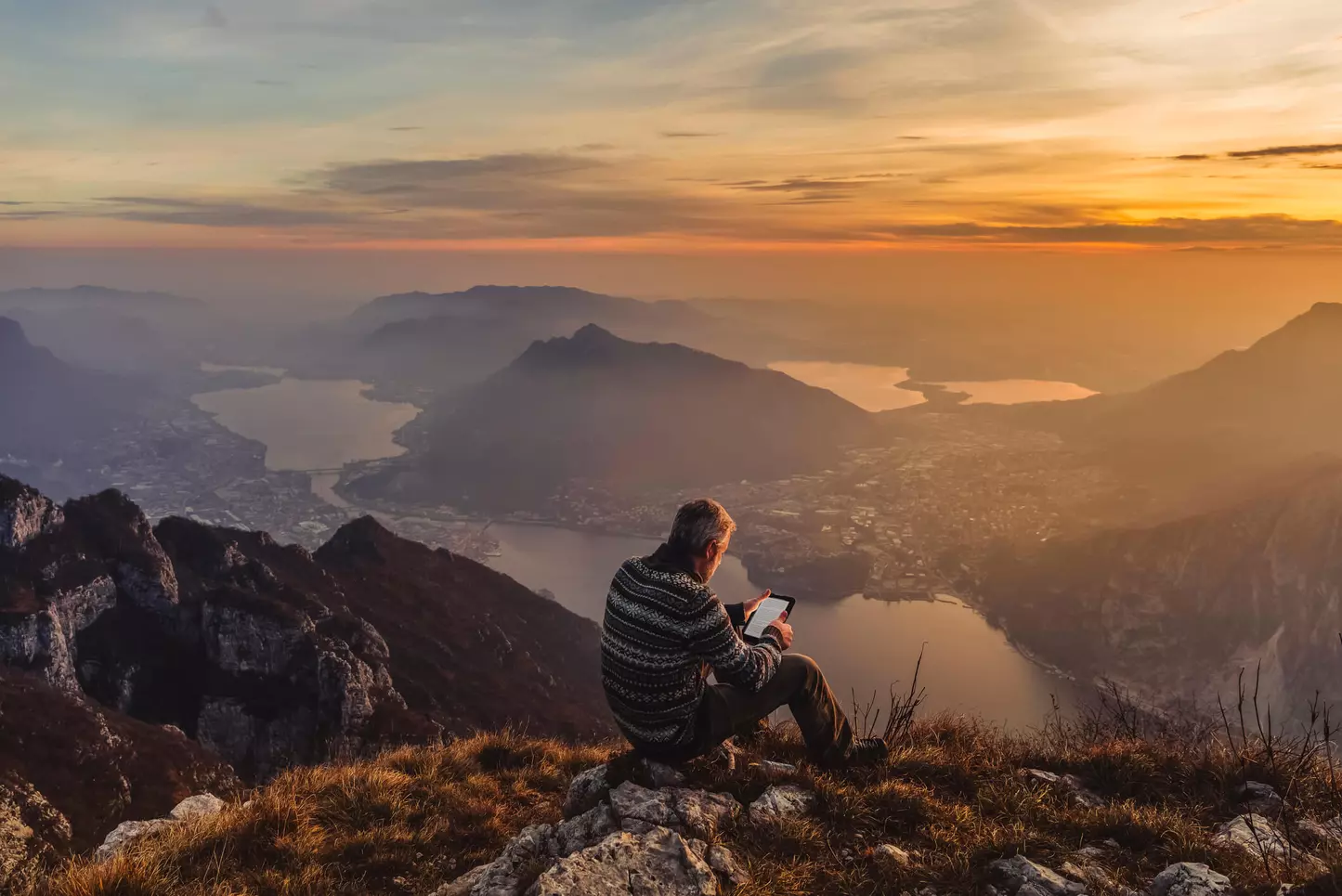Tourism changes its face and becomes nomadic and digital. Since the pandemic, work-life balances have been completely disrupted and the emergence of smart working as a habitual and legitimate way of doing one's job has reshaped holidays: for example, the average length of stay has increased by 15%. Giacomo Trovato, Airbnb’s country manager for Italy, speaks to Infra Journal about the change taking place. A revolution that involves not only tourism but also infrastructure and the way hospitality is conceived.
Trovato, what synergies and strategies can lead to an economic recovery of the sector?
“In recent years we have had the opportunity to experiment with a new work-life balance, thanks to the possibilities offered by smart working: the idea, therefore, of developing an offer designed for digital nomads can certainly encourage a recovery of the sector. On Airbnb, more than 90% of listings are bookable on a long-term basis, and in May we launched the Live and Work Anywhere initiative, a programme of collaboration with territories, local authorities and tourism promotion companies to turn destinations into nothing less than hubs for digital nomads.”
How is the fresh start of tourism going: what trends are you seeing?
“Certainly one of the most important trends is flexibility. People are more flexible in reconciling life and work, which is why in May, at our Summer Release, we launched a new search tool on the platform, based on Categories, which organise all the accommodation according to what makes each of them unique: this tool helps people discover places they wouldn't have found otherwise and can help mitigate overtourism by redistributing trips and promoting different destinations compared to the most popular ones. With Categories, the accommodation becomes the destination.”
What do you think about remote smart working? Are there still many critical issues?
“The projects and initiatives we are focusing on are an example of how Airbnb believes in the new flexibility offered by remote working. CEO Brian Chesky announced last May that all Airbnb employees, more than 6,000, will be able to choose to continue remotely, with the possibility of returning to the office only if they want to; last January we launched the “House for 1 Euro” project in Sambuca di Sicilia, giving people the chance to move to the village for a year, and we received almost 100,000 applications from all over the world, confirming how strongly the digital nomad life is of great interest.”
Is the country ready in terms of infrastructure?
“Obviously, destinations must also adapt to this trend by developing a range of services adapted to a changing user base: this is why we have launched the Live and Work Anywhere initiative and are supporting destinations that decide to embrace this trend in a real way.”
How does the extension of the tourist visa impact you?
“Recently, an amendment was approved with the “Sostegni-ter” decree introducing the figure of the “Digital Nomad” into our legal system. The approval of the text is very good news. With the emergence of smart working and hybrid working, more and more people do not need to travel to the office on a daily basis: for the first time, millions of people can live anywhere in the world, thus bringing about the biggest change in the world of travel since the introduction of commercial flights.”
It effectively changes the tourist offer...
“Cities and towns will compete to attract remote workers and this will lead to a redistribution of the places where people travel and live. It is important for Italy to be ready to seize this opportunity, and the government has done well to intervene with foresight in this matter. I hope that the delay in the implementation decrees can be resolved soon, so as to reduce the gap with other European destinations that have made their move ahead of us. For our part, we reiterate our total availability to the Minister of Tourism, Massimo Garavaglia, to work together to make the destination Italy even more attractive to these new travellers through specific programmes.”
So what will the “new normal” of holidays be like from 2022 onwards?
“The way of travelling has changed forever. On the one hand, people are more flexible about where they live and work, on the other hand, they make longer journeys. Finally, we have seen a growth in interest in rural destinations, indicative of a more widespread type of tourism in the area. We believe that villages will continue to have a fundamental importance in the panorama of the offer. Our recent initiatives such as the House for 1 Euro project, which saw the complete renovation of an abandoned building in the historic centre of Sambuca di Sicilia and a global call to action to find a new host for the house, and the new Historic Houses Category, 90% of which are located in rural or sparsely populated areas, go precisely in the direction of enhancing the uniqueness that is all Italian.”
